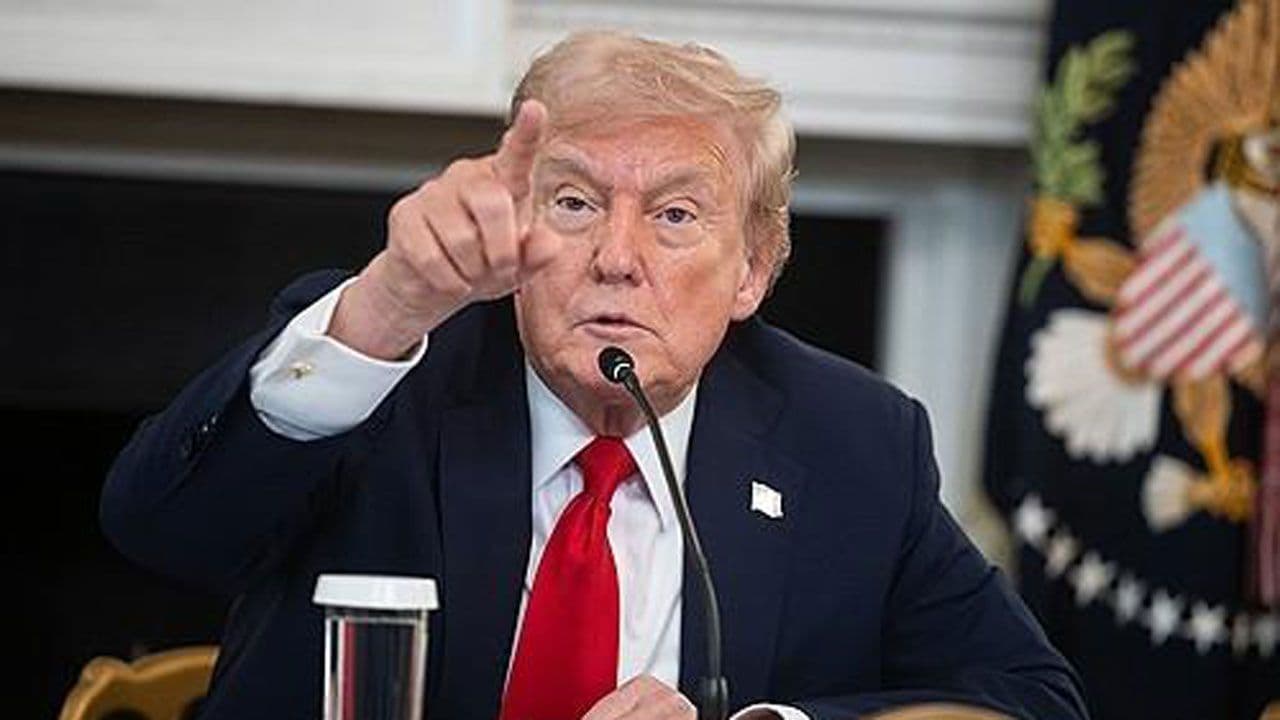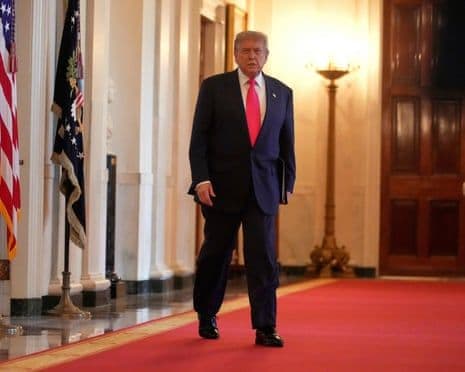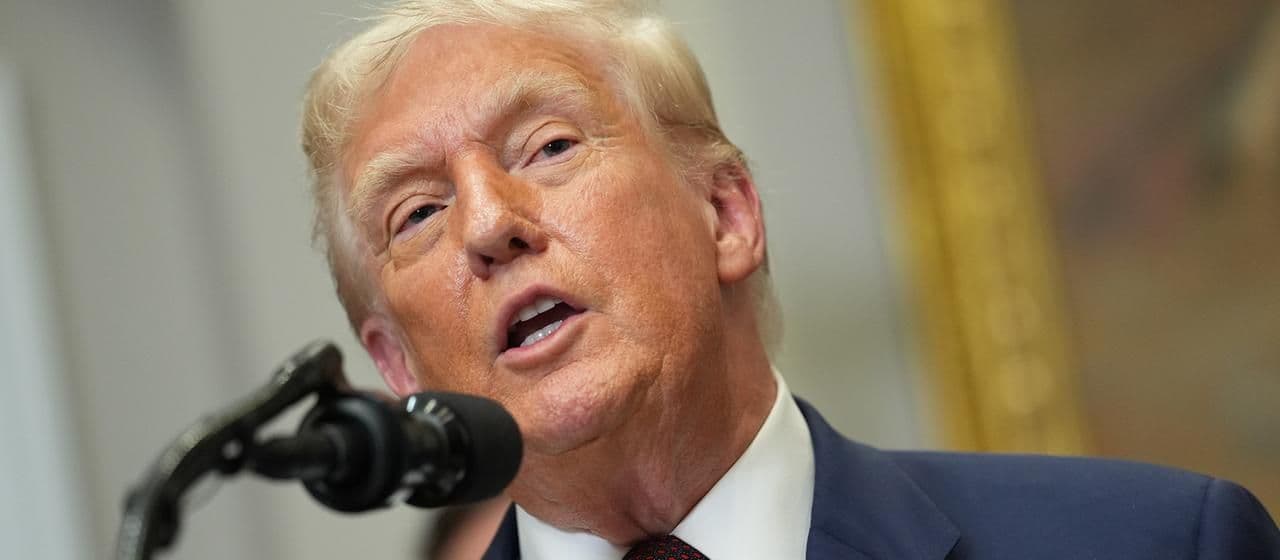The Geoeconomic Chessboard: Tariffs, Rare Earths, and Strategic Vulnerabilities
Tariffs & rare earths are reshaping global trade. Dive into US-China tensions, their impact on supply chains, and what it means for your business's future resilience.

The Spark: Trump's Tariff Gambit and China's Rare Earth Leverage
The simmering tensions between the United States and China recently flared into a heated geoeconomic confrontation, primarily ignited by former President 's strong criticism of Beijing's moves to control rare earth exports. On October 10th, local time, Trump voiced his outrage via social media, describing China's actions as a sudden and hostile shift. He revealed that China had sent letters globally, signaling export controls on all elements related to rare earth production, a move he perceived as China attempting to hold the world 'captive.' This unexpected escalation led him to question the purpose of a planned with Chinese President Xi Jinping in Korea two weeks later, suggesting its cancellation. Trump underscored his readiness to retaliate financially, explicitly stating that a significant increase in tariffs on Chinese products entering the US was a policy under active consideration. This swift, aggressive stance from Washington served as a direct challenge, transforming an already fraught trade relationship into an overt power play, with critical materials and market access at its core.
Unpacking the Arsenal: How Tariffs and Rare Earths Become Economic Weapons
Tariffs and rare earth controls, as witnessed in this unfolding drama, are not merely economic tools but potent strategic weapons on the geoeconomic chessboard. Tariffs, essentially taxes on imported goods, serve as a blunt instrument to raise the cost of Chinese products in the US market, aiming to reduce their competitiveness and incentivize domestic production or diversification away from China. This directly impacts China's export-driven economy. Rare earths, however, represent a more surgical, yet equally devastating, weapon. These 17 elements are indispensable for modern technology, powering everything from and to advanced electronics and defense systems. China’s near-monopoly on their mining and processing grants it immense leverage. By threatening export controls, Beijing can choke off the supply of these critical materials, creating profound vulnerabilities for high-tech industries worldwide, particularly those in the US. This dual-pronged attack highlights how economic dependencies are being exploited to exert geopolitical pressure, forcing nations to confront their supply chain fragilities head-on.
The Ripple Effect: Global Industries at a Crossroads
The weaponization of tariffs and rare earths sends a chilling ripple effect across global industries, pushing key sectors toward an uncertain crossroads. American companies like , the sole commercial rare earth producer in the US, find themselves thrust into the strategic spotlight. While a US government partner, MP Materials faces heightened pressure to expand its production capacity and refine eco-friendly processes to enhance domestic self-sufficiency, buffering against Chinese export controls. Simultaneously, giants like , a global leader in electric vehicles, confront significant supply chain risks. Rare earths are vital for their EV batteries and motors, making stable procurement paramount. China's control over these materials means Tesla and its peers must actively pursue supply chain diversification, explore alternative materials, and consider expanding North American battery production to mitigate escalating costs and potential disruptions. This dynamic forces industries reliant on these critical inputs to fundamentally re-evaluate their operational blueprints, seeking resilience in a rapidly fragmenting global trade landscape.
Beyond Bilateralism: What the US-China Standoff Means for Everyone Else
This standoff transcends a simple bilateral dispute, casting a long shadow over the entire global economic order. The source material hints at this broader impact, noting that 'other countries' expressed anger to the US about China's 'sudden trade hostility.' This isn't just about Washington and Beijing; it's about the systemic disruption and the uncomfortable choices forced upon nations entangled in global supply chains. Countries around the world, from advanced economies to developing nations, are now compelled to reassess their own dependencies on both US and Chinese markets and resources. The escalating tit-for-tat actions threaten to fracture established international trade norms and multilateral frameworks, pushing nations towards 'friend-shoring' or regional alliances. This means a shift from efficiency-driven globalized production to security-driven localized or politically aligned supply networks. The economic chess match between the two superpowers is, in essence, redrawing the geopolitical map, creating an environment where every nation must navigate a more complex and potentially perilous trade environment.
Re-calibrating Resilience: Strategies for a Fragmented Future
In response to this increasingly fragmented and weaponized global economy, nations and corporations are urgently re-calibrating their strategies, prioritizing resilience over pure efficiency. The emphasis is now squarely on diversifying supply chains, actively seeking out new sources for critical materials, and investing in domestic production capabilities. For instance, the push for to expand its US rare earth processing signifies a broader trend towards national self-reliance in strategic sectors. Companies like are not just concerned with immediate cost structures but are strategically investing in North American battery production and exploring advanced materials to reduce their reliance on single-source suppliers. This long-term re-evaluation extends to fostering innovation in alternative technologies and materials, lessening dependence on vulnerable resources. Beyond corporate strategies, governments are forging new alliances and trade agreements, aiming to build robust, secure supply networks that can withstand future geoeconomic shocks, signaling a fundamental shift in how global trade and strategic dependencies are managed.
Related Articles

The Reciprocal Ripple: Unraveling Trump's Trade Gambit on the Global Stage

The Reciprocal Ripple: Unraveling Trump's Trade Gambit on the Global Stage

The Unsung Heroes Under Siege: How Geopolitics Puts Basic Chips – and Global Industry – on Edge

The Unsung Heroes Under Siege: How Geopolitics Puts Basic Chips – and Global Industry – on Edge

The Unfolding Trade Chessboard: Trump's Tariffs and the Global Response

The Unfolding Trade Chessboard: Trump's Tariffs and the Global Response

The Unpredictable Toll: Unpacking Trump's Differentiated Tariffs on Global Partners
